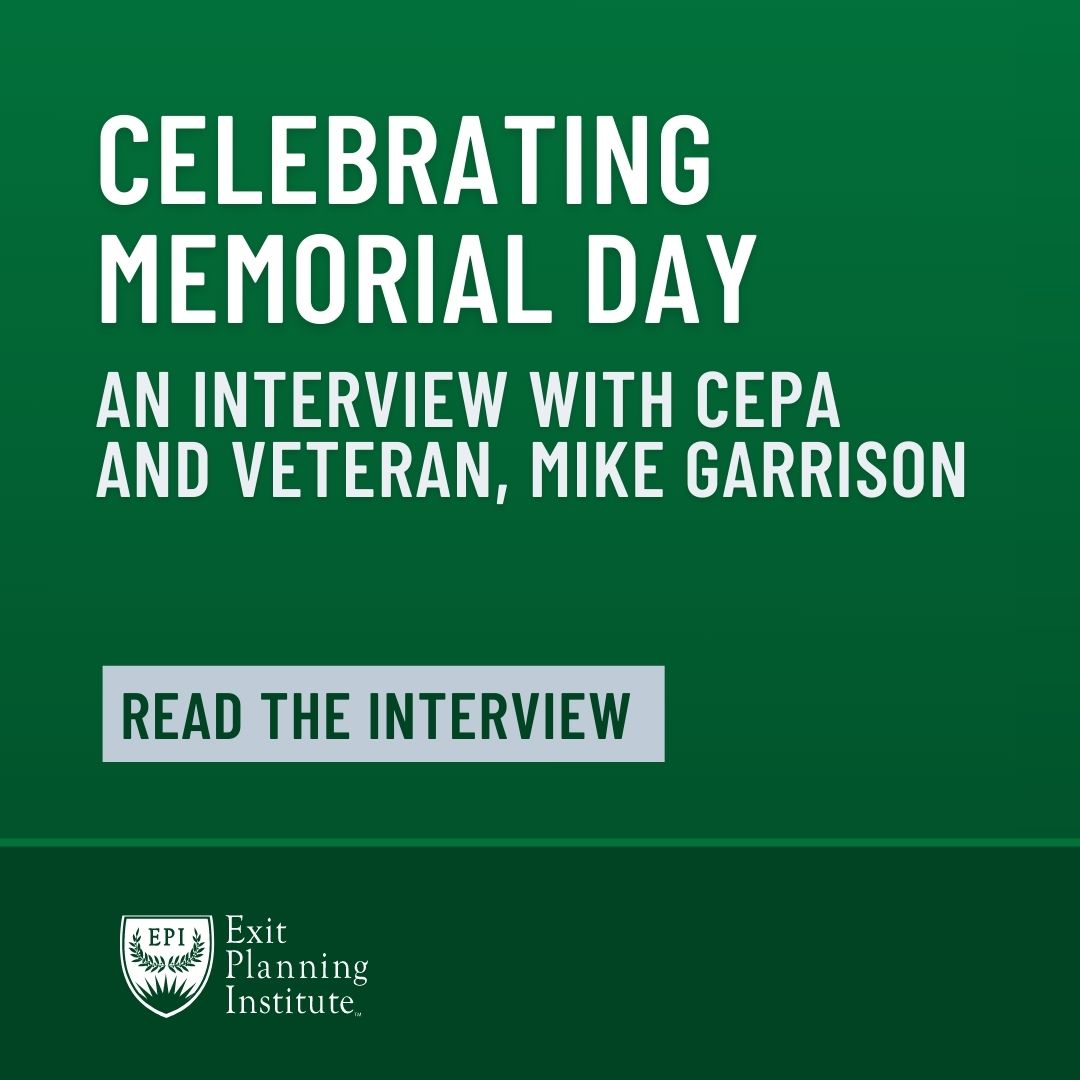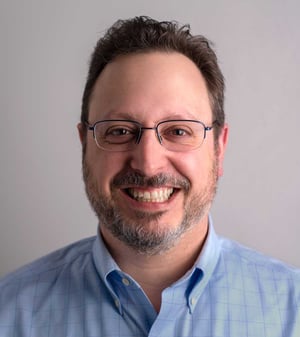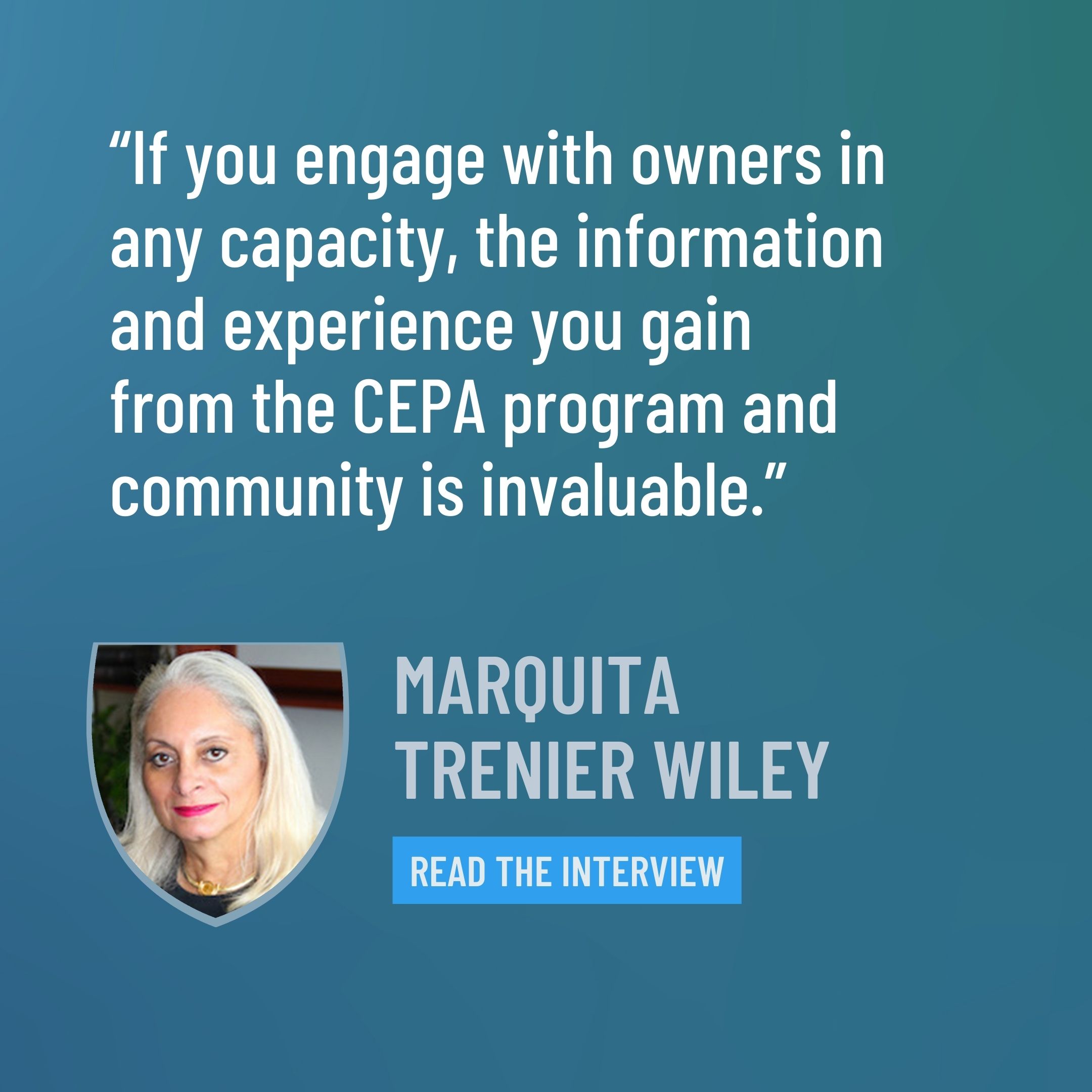
THE EXIT PLANNING BLOG
Keep up-to-date with exit planning, succession planning, industry trends, unique specialty insights, and useful content for professional advisors and business owners.
Share this
Celebrating Memorial Day: An Interview with CEPA and Veteran, Mike Garrison
by Colleen Kowalski on May 29, 2023

This Memorial Day, Exit Planning Institute honors all military veterans, both living and deceased, who have served the United States of America. We spoke with Mike Garrison, a US Army veteran and CEPA, about his transition from the military to business advisory services.
Meet Mike Garrison
Mike Garrison, when not fly fishing or dreaming about his next time on the water, has worked for 25+ years with financial advisors and small business owners across the globe helping them to both grow their businesses and enjoy their lives through the power of a complete referral system that you can predict.
He is the co-author of the New York Times, Wall Street Journal, Amazon.com, and USA Today bestseller: Truth or Delusion: Busting Networking’s Biggest Myths.
Mike is also a contributing author to the number-one bestseller Masters of Success.
What branch of service were you in and how long did you serve?
Mike: I was in the US Army and served from 1996 to 1998 (3 years). I served in the support company for 1st Special Forces Group (Abn) and got to watch the finest warriors and leaders in the special operations community every day. The highlights were doing 30+ jumps from various types of aircraft in all kinds of different conditions.
How has the transition from military to business advisor been for you?
Mike: It was a long time ago, but initially and currently, there are still times I am reminded of how different it is to be a veteran vs. a civilian. When I first transitioned out and started college, I felt quite alone in all my classes even though I wasn’t more than a few years older. The things I had been through and done while in the military and the fact that I was engaged and then married also separated me.
In many ways, business was easier than the military because the standards are often lower and the bar to success is easier to achieve. On the other hand, there is far less structure and true accountability in the business world (let alone college) and I felt lost the first few years.
I constantly recommend military service to young people these days as I feel that your after-service life can be easier than if you don’t serve. However, you always need to understand what you are signing up for. I was very fortunate to not see combat during my time in service but suffered several injuries from jumping from airplanes that affect me to this day. Combat veterans, many of my friends, have additional challenges and there is always a chance you might not make it home.
What would you recommend to other military veterans who are interested in starting their own business or transitioning to the business world after their service?
Mike: Several things. First, take your time and plan it like a military operation. Rushing in, in combat or the business world, isn’t always the most effective or safe option.
Second, start becoming a lifelong learner. As a veteran, you know how to handle more stress and adversity than many of your competitors and should leverage that resilience to turbocharge your learning efforts.
Third, build your network. Ideally, do this while still serving. Teamwork and collaboration will be the cornerstone of your future success and you are better at this than most.
Fourth, get mentors. There are a ton of veterans organizations both online and in person (prioritize in person if possible) and there are lots of veterans like me that will always ‘answer the call’ to help another vet with career advice or, in my case, help planning and launching a business.
Fifth, remember that there will always be another opportunity. It isn’t about taking the first good one…it is about making sure you take the right one. Many times I have wanted to jump on an opportunity, but was held back only to discover that if I had taken that one I would have missed a much bigger one.
Do you participate in any philanthropic efforts?
Mike: A lot. I am involved in special needs issues (my wife and I have a multi-disabled adult child that lives with us and requires 24/7 assistance) locally and nationally. I am extremely passionate about volunteering with Project Healing Waters, a national organization that helps veterans discover and participate in fly fishing (I got the opportunity to guide a veteran that lost their sight in service for an afternoon of fly fishing and it was one of the best experiences of my life). I also am on a board for an organization that provides telemedicine for missionaries serving around the world and in places without any medical care.
What inspired you to become a CEPA?
Mike: My client Matt Barrette (another CEPA) and the book Walking To Destiny. I have been working professionally coaching financial advisors for over 20 years and was already talking about running their practices like a business that was prepared to sell. I always knew that businesses that were set up correctly to sell (inspired by Michael Gerber’s classic “The E-Myth”) always seemed to be more profitable and enjoyable to run.
Once I read Walking to Destiny it was just a matter of time before I took the course. Chris said it would be transformational and I told him and Scott during the Q&A the first day that it already had paid for itself.
How have you utilized your CEPA education in your practice?
Mike: In many ways. First, I have adopted the ‘exit planning is business strategy’ as my core communication strategy. All of my clients are multi-millionaires currently and it can be challenging, as my fellow CEPA’s I am sure would agree, to get very successful and busy people to do more work in the moment. By utilizing the ‘gaps’ in my conversation I am saving major amounts of time and creating even deeper engagement with my clients.
I am also launching a separate company, apart from my coaching/speaking practice, to focus on exit planning specifically. At 54 (soon to be 55) I feel like I am in the most exciting spot in my business career ever.
I would tell anyone that is a CEPA or considering the course to take some time to evaluate the Value Acceleration methodology and consider whether what they are currently doing is better. I knew, on day one of the course, that the way Chris and Scott described it was better than what I had been doing. The choice was to transform with some humility and deliver more to my clients or to be prideful and deliver less. One of my clients took the course with me and several are planning on doing so this year.
Thank you to all of those who serve in the United States Military.
Read interviews with two other CEPAs and military veterans here:
Share this
- Blog (548)
- CEPA (431)
- exit planning (249)
- CEPA community (188)
- Business Owner (175)
- Exit Planning Summit (99)
- EPI Chapter Network (89)
- Value Acceleration Methodology (81)
- Exit Planning Partner Network (76)
- EPI Announcement (50)
- Content (48)
- Webinars (37)
- Excellence in Exit Planning Awards (34)
- Marketing (30)
- 2024 Exit Planning Summit (28)
- 5 Stages of Value Maturity (26)
- Books (24)
- EPI Academy (24)
- EPI Team (22)
- Exit Planning Teams (22)
- Leadership (21)
- 2023 Exit Planning Summit (20)
- family business (20)
- women in business (19)
- Intangible Capital (18)
- Exit Options (17)
- Black Friday (16)
- CPA (15)
- Walking to Destiny (15)
- Chapters (14)
- State of Owner Readiness (14)
- charitable intent (13)
- Chris Snider (12)
- National Accounts (12)
- Small business (12)
- personal planning (12)
- Financial Advisors (11)
- Season of Deals (9)
- 5 Ds (8)
- About us (8)
- Podcast (8)
- Scott Snider (8)
- Insiders Bash (7)
- Christmas (6)
- Exit Planning Content Library (6)
- Case Studies (5)
- Owner Roundtables (5)
- Three Legs of the Stool (5)
- Value Advisors (5)
- financial planning (5)
- Awards (4)
- Circle of Excellence (4)
- EPI Thought Leadership Council (4)
- Exit & Succession (4)
- Five Ds (4)
- executive training (4)
- DriveValue (3)
- Owners Forum (3)
- author (3)
- forbes (3)
- Exit Is Now Podcast (2)
- Peter Christman (2)
- Veteran (2)
- Whitepapers (2)
- Annual Exit (1)
- Business Owners Forum (1)
- SOOR (1)
- business consultants (1)







